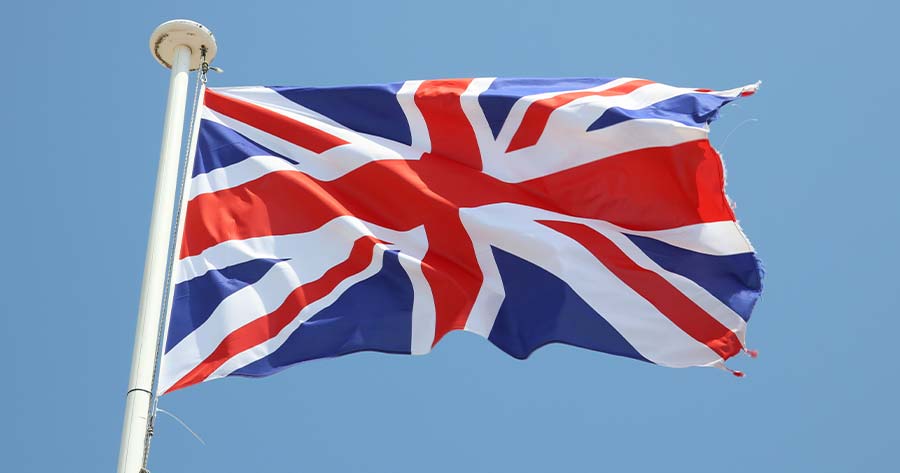The Bank of England hiked interest rates by the most since 1989 on Thursday and warned investors that Britain’s biggest recession in at least a century might lower borrowing costs.
The central bank raised the rate by 75 basis points to 3% from 2.25%, its eighth consecutive hike to the main lending rate, and cautioned that the British economy might not recover for another two years (the longest downturn in records dating back to the 1920s) if rates were to go up by as much as markets have recently bet.
“We can’t make promises about future interest rates but based on where we stand today, we think Bank Rate will have to go up by less than currently priced in financial markets,” Governor Andrew Bailey said.
Sterling was down almost 2% against the dollar after the announcement yesterday, reaching its lowest level since mid-October, when the UK was recovering from a political crisis sparked by former Prime Minister Liz Truss’ tax-cutting plans.
The UK GDP is expected to fall by roughly 0.75% in the second half of 2022, reflecting the squeeze on real earnings caused by rising energy and tradable goods costs




